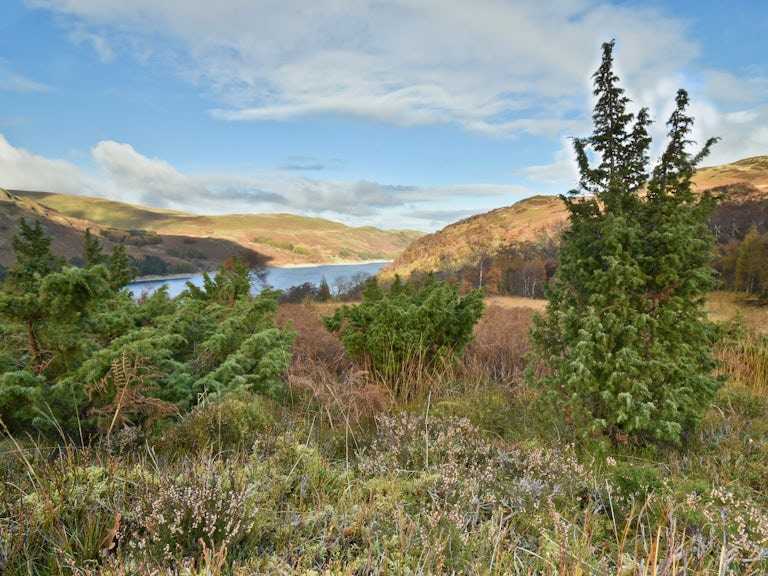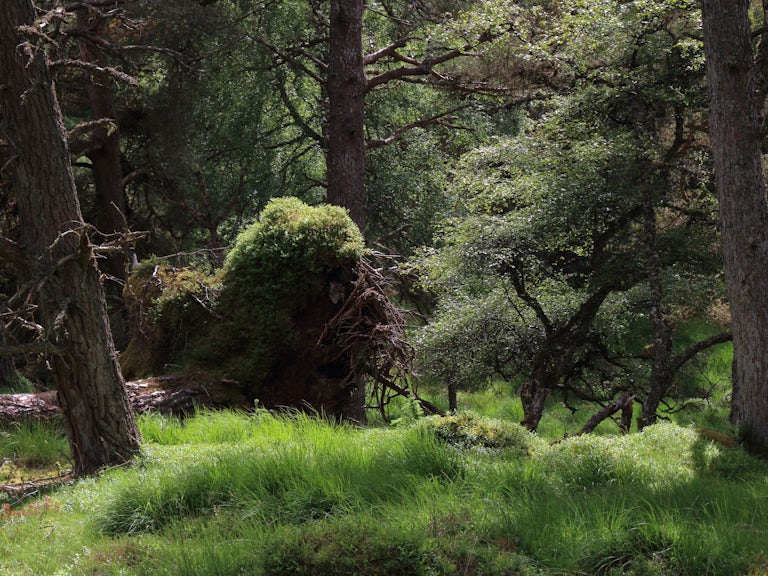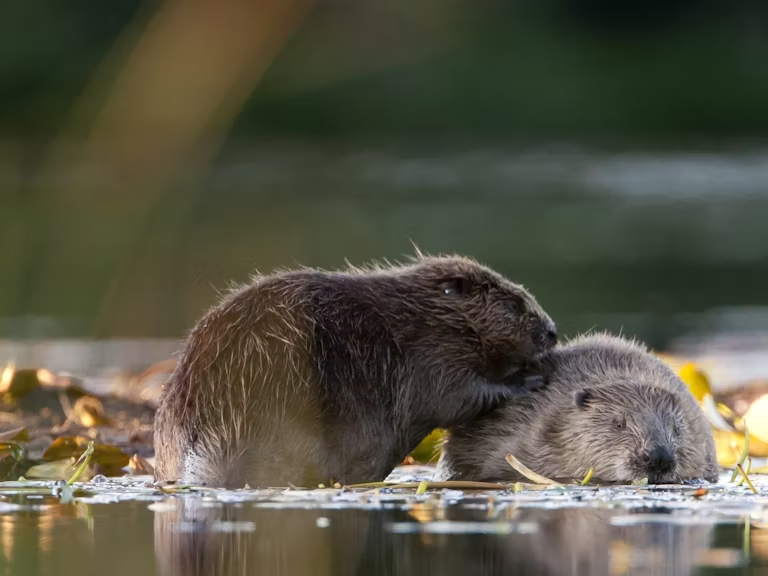Rewilding in action: 10 projects awarded funding boost to combat climate crisis
Over £120,000 has been awarded to 10 rewilding projects across Britain to boost their efforts to combat the nature and climate crises through rewilding.

National charity Rewilding Britain has awarded up to £15,000 to 10 projects in the latest round of its Rewilding Innovation Fund. The biannual fund supports innovative approaches to rewilding land and sea.
Sara King, Rewilding Manager for Rewilding Britain, said: “We’re delighted to be funding yet more exciting and innovative rewilding projects across Britain through this latest round of the Rewilding Innovation Fund. The recent UN climate report was crystal clear: we need swift and drastic action to avert the nature and climate crises, and rewilding is a proven method by which to do that.”
“All these projects – plus the 13 others we have already funded through the Innovation Fund – are actively working to restore damaged habitats, reintroduce lost species and recover fractured ecosystems. They are also delivering a myriad of other benefits offered by rewilding, such as implementing natural carbon solutions, strengthening the green economy and improving the health and wellbeing of individuals and communities.”
Several of the successful projects in this latest round are based in the South West..
The Thousand Year Trust is the first and only charity in the UK with the sole purpose of protecting, promoting and expanding Celtic temperate rainforest environments. The initial site where the charity is operating is the Cabilla Valley at the heart of Bodmin Moor. Through its Thousand Year Project, the newly-formed charity is looking to triple the 100-acre temperate rainforest in the valley and return all of the species missing from it, including the wildcat. The charity is expanding from this initial site to restore rainforests across the UK.
“Species reintroductions are crucial for restoring balance to our temperate rainforest ecosystems,” said Emma Williams from the Thousand Year Trust. “They’re equally crucial to the survival of the now functionally extinct wildcat in Britain. Listening to the voices of landowners, environmental organisations and local communities is vital to shaping the success of the reintroduction story, which this valuable funding opportunity is integral to.”
Cornwall Wildlife Trust recently acquired 97 acres of nature-poor land on the borders of its largest nature reserve, Helman Tor, increasing the reserve to 734 acres – almost twice the size of Hyde Park. Funding from the Rewilding Innovation Fund will fund a report – tailored specifically to Helman Tor’s unique ecology, geology and location – with detailed recommendations for rewilding, such as wild grazing regimes and species reintroductions including a free-living beaver population.
“At Helman Tor we have the unique opportunity to implement rewilding principles as part of aspirations for the most ambitious nature recovery project in Cornwall,” said Esme Plunkett, Fundraising Partnerships Officer at Cornwall Wildlife Trust. “Support from Rewilding Britain has helped fund an exciting report on how we can transform this area into thriving woodland, wetland and species-rich grassland habitats through reintroducing natural processes for conservation management onto the reserve.”
Two marine projects are also being supported.
Blue Marine Foundation is working with partners on the Sussex Kelp Recovery Project – a marine restoration project to champion, study and facilitate the restoration of kelp along the Sussex coastline. Historically, vast kelp beds stretched along more than 40 kilometres of the Sussex coast, teeming with life and providing vital habitat. But since 1987, over 96% of the area once covered by Sussex kelp has disappeared.
Funding will help the project move towards its goal of restoring this vital marine ecosystem by implementing a sediment workshop. The workshop will aim to collaboratively develop an adaptive framework for monitoring sediment sources and pathways to boost natural kelp recovery.
Rewilding The Intertidal is a marine restoration project looking to rewild the coastline of the UK’s first and currently only National Marine Park, which stretches from Rame Head in Cornwall to Noss Mayo in Devon, including the Yealm estuary. Whilst boasting a wide range of habitats, from saltmarsh to mudflats, the coastline also has a huge amount of concrete with very little wildlife. The Rewilding Innovation Funding will enable a full audit of the current habitats to understand, map and secure opportunities for strategic and community-led rewilding.
A further six projects have received funding from £6,350 to £15,000. The Rewilding Innovation Fund has enabled the Doddington charity, of the Doddington Estate in Lincolnshire, to work with a consultant to access National Lottery Heritage Funding for a wide range of community and learning activities through its Wilder Doddington project.
The Devon Rewilding Network is using the funding to reach out to people across Devon who are connected to land where some rewilding is happening so they can explore effective ways for taking this forward.
Action West Loch is in the process of setting up a deer management group in South Knapdale in Argyll, Scotland, to help manage local deer populations.
The Rewilding Innovation Fund has been made possible through funding from the Dormywood Trust and various other generous supporters.
Rewilding Britain is running a fundraising appeal to support the ongoing success of the Rewilding Innovation Fund, and from 20 – 27 April every donation through the Big Give’s Green Match Fund will be doubled by champion and match funders. For further information and to donate, go to the donation page.



